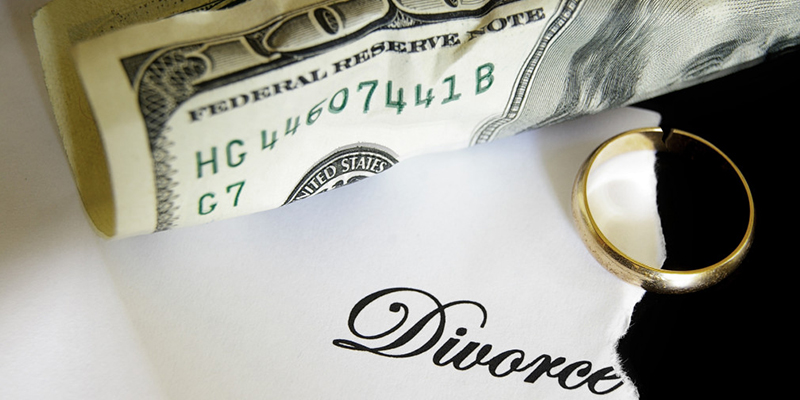When people over 50 divorce, the importance of retirement funds becomes quite significant – not only are both spouses approaching retirement, but the retirement fund itself has become a large asset. Unfortunately, when making retirement investments, spouses tend to plan together, i.e. for a life where they both will live off their savings. Divorce can make this good planning look like a serious miscalculation. What to do?
Spouses should understand that retirement benefits accrued during the marriage are marital property. As such, courts generally see retirement funds as an asset to split equally between the spouses based on their marital shares. But a retirement fund meant for one couple together no longer seems sufficient when split in half and made to support two separate households.
Typically, if one spouse had been the principal wage earner during the marriage, the court will either award that spouse more of the retirement fund or supplement retirement funds with maintenance. The more dependent spouse will receive more because of the inability to earn enough moving forward to adequately provide for his or her reasonable needs. For couples with two solid wage earners, the problem may seem less urgent but still will upset the plans for the retirement funds and may require downsizing or redistributing other assets.
The cold financial reality is that finding a new home with few good wage earning years remaining and living on a fixed income that has been reduced by a third or half drastically changes what retirement looks like and creates a good deal of anxiety.
From the point of view of the spouse with superior earnings, holding on to more retirement funds may be a priority, and trading some current assets and paying maintenance for an extended period of time might be a reasonable compromise, as the large retirement funds continue to earn solid returns beyond the outlays for maintenance, particularly after accounting for the tax advantages. From the point of view of the more dependent spouse, this trade may not make as much sense in the long run because of the lack of funds for later years, but may be necessary in the short run in order to have a new residence and the present ability to meet reasonable needs.
For spouses with more equal earnings, holding on to each other’s retirement benefits, as long as relatively equal, would be advantageous to both. However, if the spouses saved more assets in one collective fund, they will have to agree on how to divide that fund.
The issue really comes to down to planning for worst case scenarios. Early in marriage each spouse should have a separate retirement account (which also has tax advantages). Investment strategies should be considered with a financial advisor that could discuss pros and cons of different approaches (one large account that accumulates earnings faster or multiple accounts that minimizes risk). Couples should try to live within means and minimize debt. And for those who want more protection, they should consider a prenuptial agreement that would safeguard certain retirement assets.
If you have questions about retirement funds and divorce, contact us – we can help.
